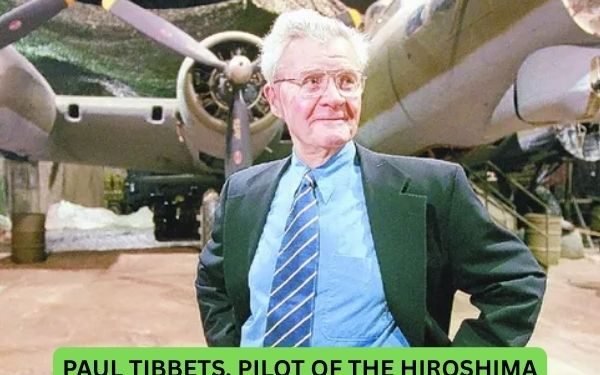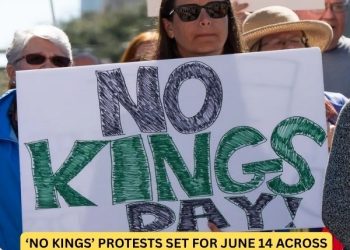Paul Tibbets, the pilot of the Enola Gay—the plane that dropped the atomic bomb on Hiroshima—made a surprising request before his death in 2007. He didn’t want a funeral, a memorial, or even a gravestone. His decision left many puzzled, especially given his central role in one of history’s most significant wartime actions.
From Surgeon to Pilot
This Article Includes
Tibbets had originally trained to be a surgeon but joined the U.S. Army Air Corps in 1938. He flew missions in North Africa and France before becoming General Patton’s personal pilot. Later, he was called back to test the Boeing B-29 Superfortress, helping to improve its performance by removing unnecessary weight.
Leading the Atomic Mission
In 1944, Tibbets was put in charge of the 509th Composite Group, the unit responsible for training crews to carry atomic bombs. By May 1945, his team was based in Tinian, flying practice missions while preparing for something far more significant.
On August 6, 1945, Tibbets flew the Enola Gay over Hiroshima and released “Little Boy,” the first atomic bomb used in war. He named the plane after his mother, Enola Gay. The resulting mushroom cloud and destruction changed history. Although he didn’t fly the second mission to Nagasaki, Tibbets became the first person ever to drop an atomic bomb in combat.
After the War
Tibbets was celebrated as a hero and awarded the Distinguished Service Cross. President Truman personally honored him at the White House. But his legacy remained controversial.
In 1976, his reenactment of the Hiroshima mission at a Texas airshow sparked backlash from Japan, prompting an official apology. Still, Tibbets stood by his actions. He believed the bombings helped end the war quickly, saving more lives than they cost, even though he wasn’t proud of the destruction.
A Quiet Farewell
As he neared the end of his life, Tibbets wanted to avoid further controversy. Concerned that a headstone might attract protests or vandalism, he asked for no grave or ceremony. Instead, he was cremated, and his ashes were scattered over the English Channel—an area he had flown over many times during the war.
Paul Tibbets died on November 1, 2007, at the age of 92. True to his wishes, his final resting place remains unmarked—his legacy left to history, not a headstone.










